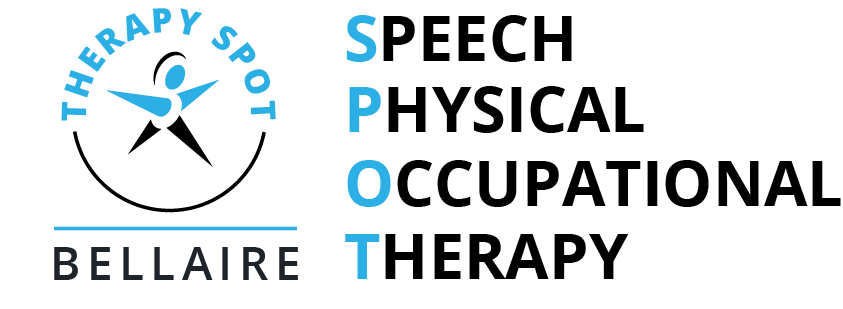What Is Osteomyelitis of the Jaw?
Osteomyelitis is an infection of the bone and most commonly affects the bones of the extremities, spine, and pelvis. The temporomandibular joint (TMJ) is rarely affected by this condition, but when it is, serious problems with the bones of the face and jaw can result.
Usually, the infection is the result of bacteria entering the body through poor oral hygiene or oral surgery, such as a root canal procedure. To heal the infected bone, the body sends white blood cells to the area; however, persistent presence of white blood cells near the bone actually causes the bone to break down. The infection restricts blood flow to the area and causes bone death (“necrosis”).
Signs and Symptoms
Osteomyelitis of the jaw can cause:
- Jaw pain
- Facial swelling
- Sinus drainage
- Tooth loss
- Pus (thick, usually yellow-white fluid)
- Fatigue
- Fever
During the acute stage of osteomyelitis, you’ll have increasing, constant jaw pain and sinus pressure that is not affected by movement of the jaw. If you have chronic osteomyelitis, you may have jaw and neck stiffness and difficulty with eating and talking.
How Is It Diagnosed?
A series of blood tests usually is ordered to check for elevated white blood cell counts. This condition is often misdiagnosed because its symptoms are similar to other jaw, skull, or face problems.
If osteomyelitis is found to be the cause of your pain, your physician will prescribe antibiotics to clear up the infection.
How Can a Physical Therapist Help?
Your physical therapist can help restore the natural movement of your jaw and decrease your pain; but first, the antibiotics need to take effect. After you’ve finished your antibiotics, you might have pain and limited movement at the TMJ and cervical spine. You also might have headaches.
During your first visit with your physical therapist, the therapist will:
- Review your medical history, and discuss any previous surgery, fractures, or other injuries to your head, neck, or jaw
- Conduct a physical examination of your jaw and neck
- Evaluate your posture and how your neck moves
- Examine the TMJ to find out how well your mouth can open and whether there are any abnormalities in jaw motion as a result of the osteomyelitis
- The therapist might place his or her hand in your mouth in order to examine your jaw movement
Following the examination, the physical therapist will select appropriate treatments to improve jaw movement and relieve pain.
Improve Jaw Movement
Physical therapists use skilled hand movements called manual therapy to increase movement and relieve pain in tissues and joints. Your therapist also might use manual therapy to “stretch” the jaw to:
- Restore normal joint and muscle flexibility (so that you won’t feel “tight”)
- Break up the scar tissues (“adhesions”) that may occur when disease or injury limits movement for a period of time
Your physical therapist may teach you special “low-load” exercises. These are exercises that don’t exert a lot of pressure on your TMJ but can strengthen the muscles of the jaw and restore a more natural, pain-free motion. The therapist will also teach you exercises that help you increase the opening of your jaw and improve the way your jaw works
Relieve Your Pain
In addition to manual therapy, if your pain is severe, your physical therapist might use treatments such as electrical stimulation or ultrasound to reduce pain.
Real Life Experiences
About 2 weeks following an oral procedure to remove your wisdom teeth, you begin to notice an increase in pain and pressure in front of your ear. You assume that it’s related to the fact that your mouth was held open for a prolonged period of time during the procedure, so you decide to wait a week. As time passes, however, the pain worsens. You develop a low-grade fever, and you’re constantly tired—it’s just not like you.
You consult your family physician, who orders blood tests. The results show an elevated white blood cell count. After sharing the information with the surgeon who had removed your wisdom teeth, the physician determines that you have osteomyelitis and places you on antibiotics. Both physicians tell you that you likely will have jaw stiffness and will need a physical therapist to help get your jaw back to normal.
